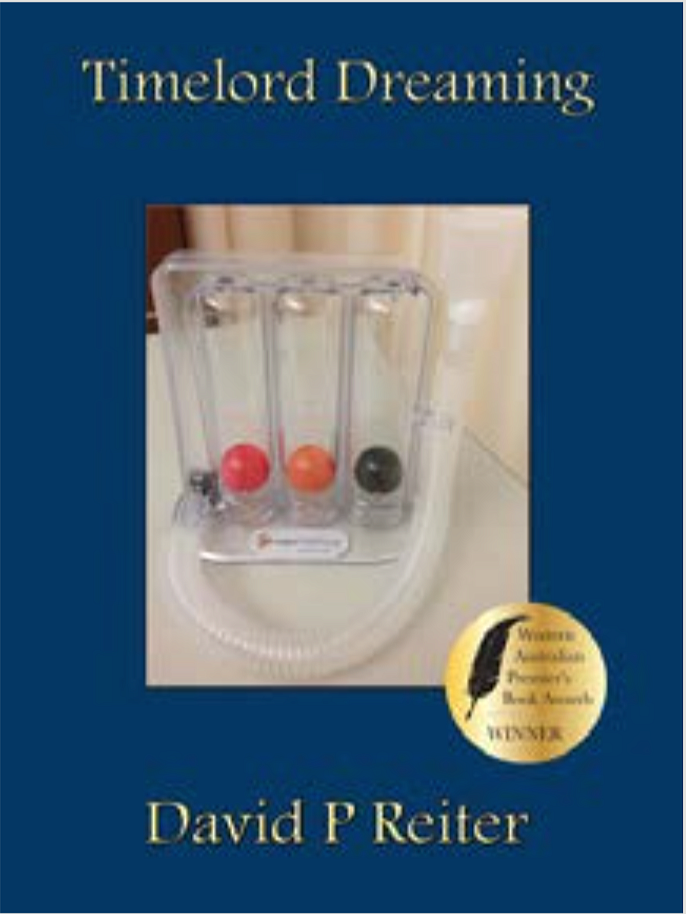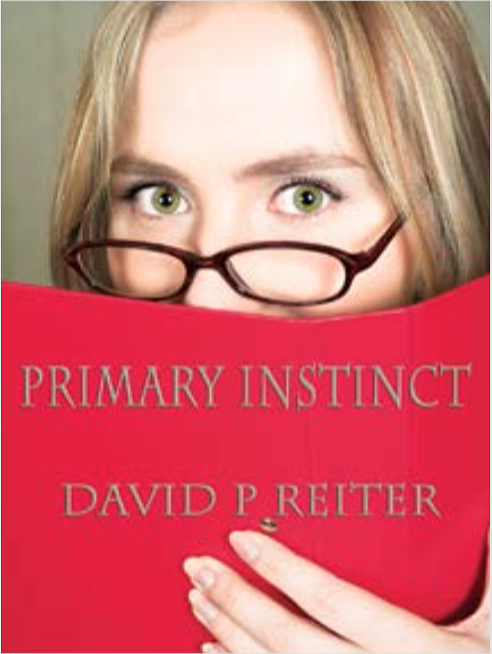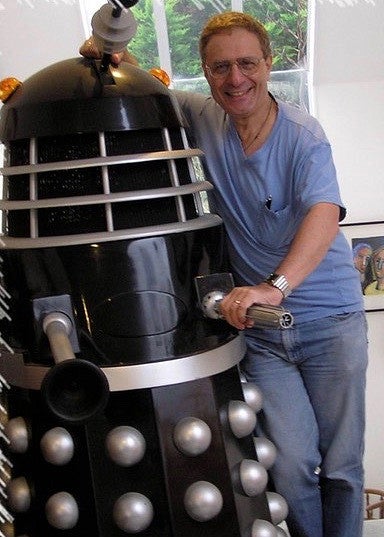How a Passion for Poetry Sparked a Life's Journey
One partly cloudy morning in September 1967, I packed up the saddlebags on my Honda Trail 90 motorcycle with my worldly goods and set off for Eugene from San Francisco. I had no idea what lay ahead on that ride, or even if I had been accepted for undergraduate work at the University of Oregon.
I was born and raised in Cleveland, Ohio, and even though this was the first time I had ventured outside Ohio except for a brief school excursion to Washington DC, I was determined to get as far away from Cleveland as I could. I had worked that summer as an encyclopedia salesman to save for my university expenses, and my manager had offered me a free ride out to the west coast, and even transport for my motorcycle, hoping that I might continue working for him in San Francisco.
I had other plans. The Vietnam War was on, and I had a stay of execution from the draft conditional on acceptance into university. So I had a lot riding on that ride up to Eugene — in more ways than one.
Somehow, my underpowered motorcycle made it up Interstate 5. The weather was fine for most of the trip, and I camped out in a two-person tent along the way. I wandered into the administration building with my fingers crossed. Had I been accepted? Fortunately, I had, and the next day I had a room in one of the dormitories.
I knew the university had an honors college, and I was determined to get into it. My roommate thought I was mad. Why would I choose a course of study that was certain to be harder than the standard curriculum? Because I want the best, I told him.
My marks from high school weren’t quite high enough, so the director of the honors college offered me a deal: if I could achieve a 3.25 GPA in my first term, I would be admitted. I did, and I was.
I had no idea what I wanted to do with my life at that stage, so the set curriculum in the honors college was welcome. I could browse in my first year. I found the science subjects a bit challenging, detoured briefly into history, and then enrolled in a course called Composition Tutorial. Unlike most first year “composition” courses, which sought to instill university writing skills, this course offered exibility. The instructor, Robert Atkinson (yes, I still remember his name 50 years after the fact!) said the objective was to get students to write in an area of interest. I chose poetry almost by chance, wrote reams and reams of the stuff, long since discarded, but I still remember the one-on-one encouragement I received from Atkinson. I kept in contact with him for years following my graduation.
The first two years of college weren’t all a bed of roses. I remember feeling quite lost in the honors biology course, especially when it came to genetics. The course was taught by a Nobel Prize winner, who frankly was so advanced in his subject that he found it hard to translate his knowledge to even bright first-year students. The history and English courses were also intense but stimulating, which led to my majoring first in the former and finally in the latter.
There were many late nights spent in the Friendly Hall basement common room studying into the wee hours with fellow students. It was a good lesson in collaboration, receiving their help in areas I was weak in, and helping them in my areas of strength.
In my third year, the honors college announced the start-up of the Independent Study Program, which would be free of requirements. Students would be allowed, with the help of a supervisor, to frame their own program, which could include coursework or individualized instruction in consultation with specialty professors.
I decided to apply. I proposed a program studying foreign literature classics in translation and critical assessment of those works, along with my own creative writing projects. It was one of the most stimulating years of my academic career. I recall feeling disappointed by my subsequent Master’s program, which seemed boringly traditional by comparison.
Despite an unenthusiastic response from my creative writing supervisor, a fiction specialist who was not impressed by my work, and who advised me not to pursue a writing career, I had my first short story published in the Canadian journal The Fiddlehead Review shortly following completion of my Master’s program.
My career detoured somewhat from there. I became Assistant Technical Editor at the Aerospace Engineering Test Establishment, with no background as an editor, and certainly no knowledge of aerospace engineering, but I would say my experience at the honors college gave me the confidence to apply for such work, and the flexible skills to do it successfully.
Following a move to Australia, in 1997 I took the ultimate leap by leaving paid employment and starting my own publishing company, Interactive Publications Pty Ltd (IP). It was something of a star-crossed event. Penguin Austrailia had just published my third book of poetry, The Cave After Saltwater Tide, and had accepted my fourth, Hemingway in Spain and Selected Poems, when the management changed and they decided to abandon poetry publishing, leaving twelve poets in the lurch. The creation of IP gave them a place to come.
IP was the first Australian publisher to publish to the Amazon Kindle and the Apple iBookstore, and we have led the way in the area of digital innovation. The company has thus established itself as an innovative independent publisher, willing to take risks on titles that touch on key social issues, works that probably would never have seen the light of day with commercial publishers but still deserved publication.
We have three universities here in Brisbane and we regularly take on interns, which allows me to give back the benefit of my years of experience. I still look back with thanks on the support and encouragement I received at UO and the honors college in my formative years as a template for success.
Timeline: A Winding Path
Strong writing skills and a passion for literature led David through a series of careers across a broad swath of industries. While he didn't set out intending to found a publshing company, one thing led to another and — voila!
- 1970 - 1972:
Assistant Thechnical Editor at the Aerospace Engineering Test Establishment
- 1973 - 1974:
Scientific Editor at Environment Canada (Northern Forest Research Center)
- 1975 - 1985:
Literature and Writing Lecturer at Thompson Rivers University
- 1985 - 1986:
Assistant Professor at British Columbia Institute of Technology and University of British Columbia
- 1986:
Founding Editor of the literary magazine Redoubt
- 1986 - 1990:
Professional Writing Lecturer at University of Canberra
- 1990 - 1992:
Publishing Manager of the Board of Senior Secondary School Studies
- 1992 - 1997:
Publishing Manager for the Criminal Justice Commission
- 1997:
Founded IP (Interactive Publications Pty Ltd)
Book Highlights

Timelord Dreaming

Primal Instinct
Author Bio:

